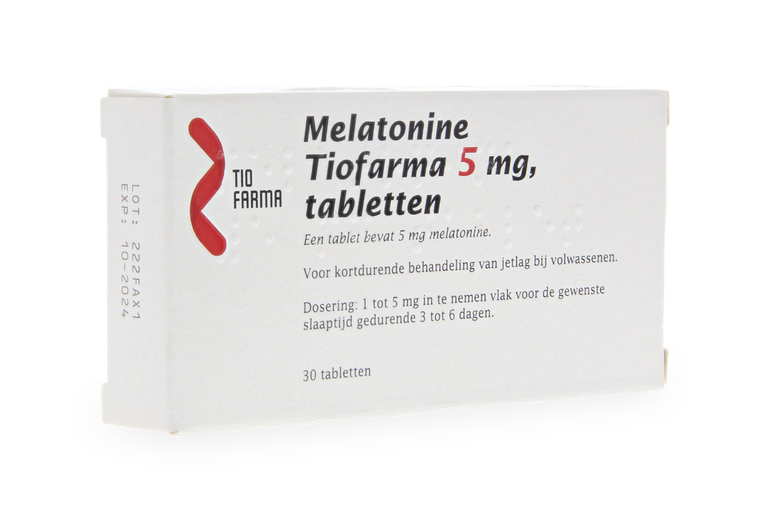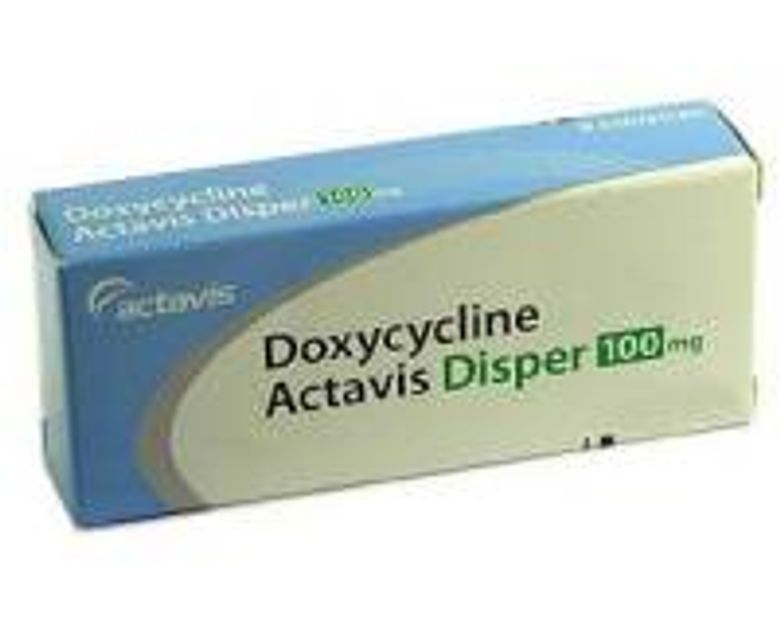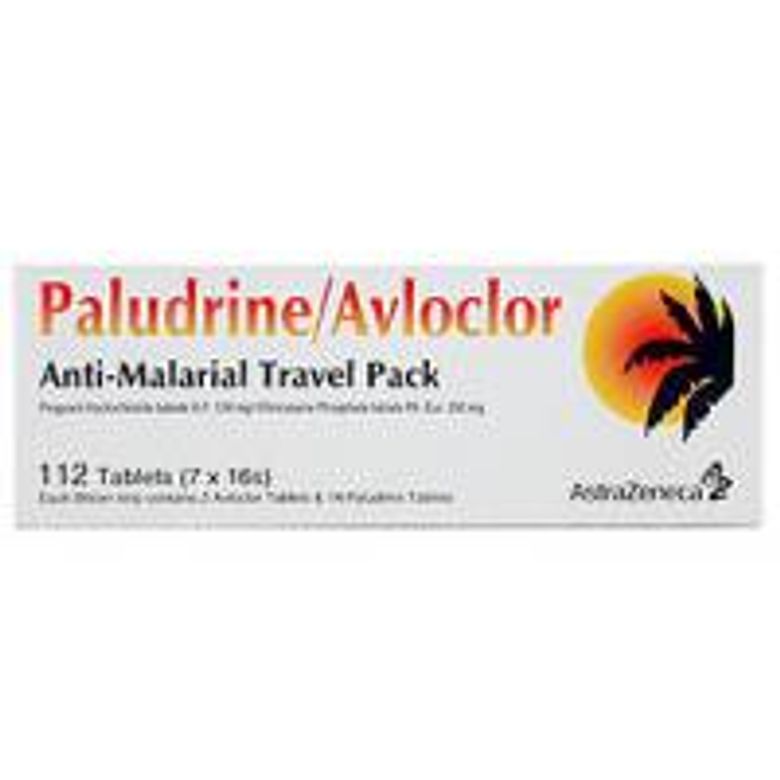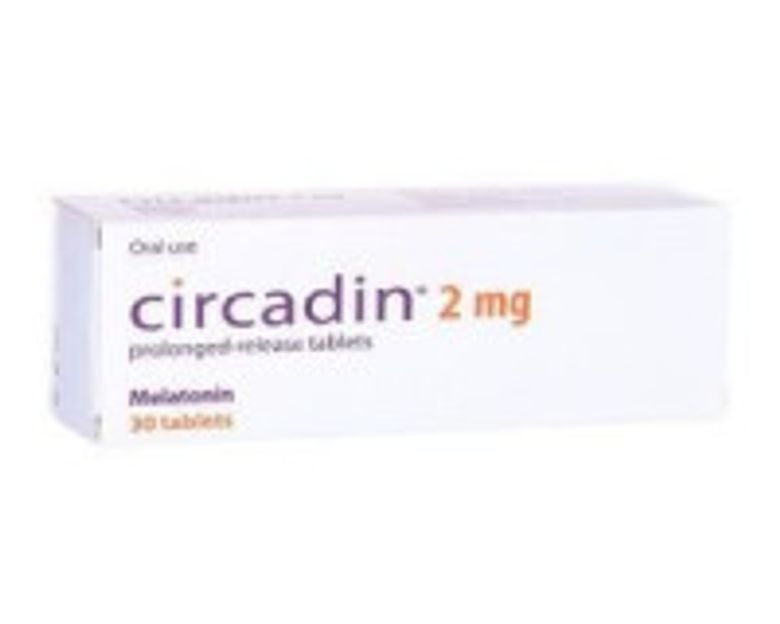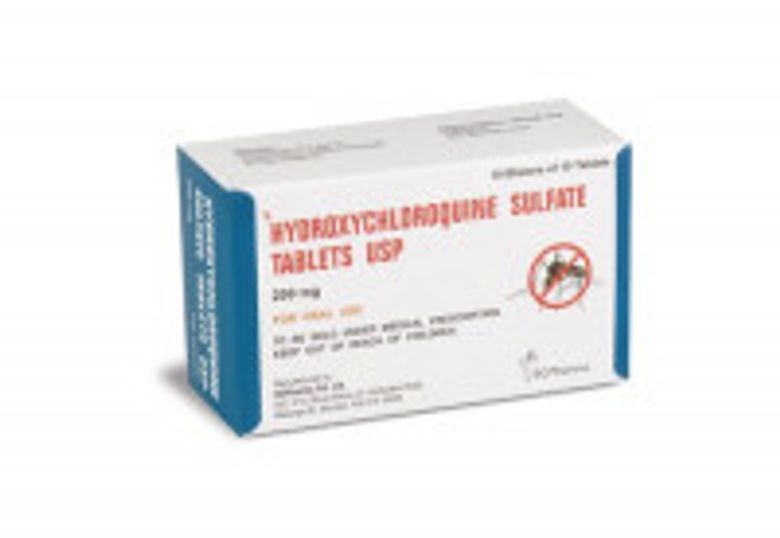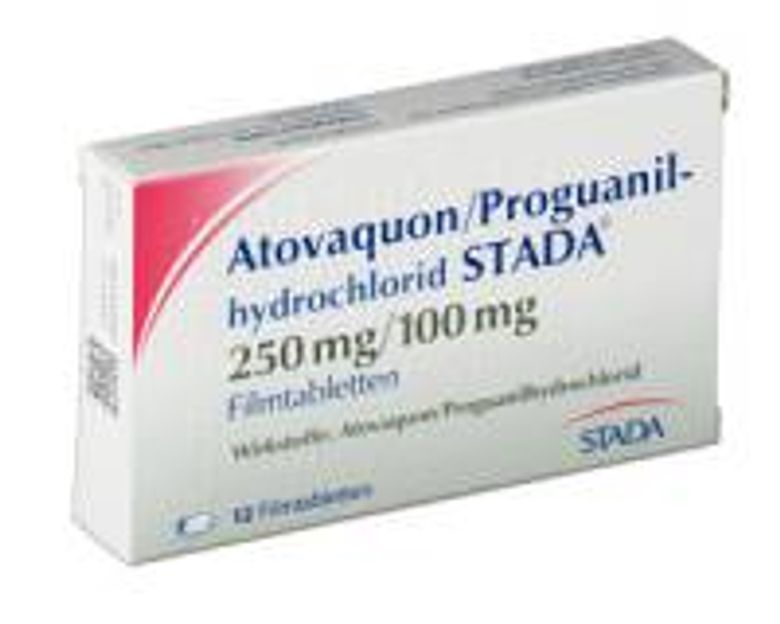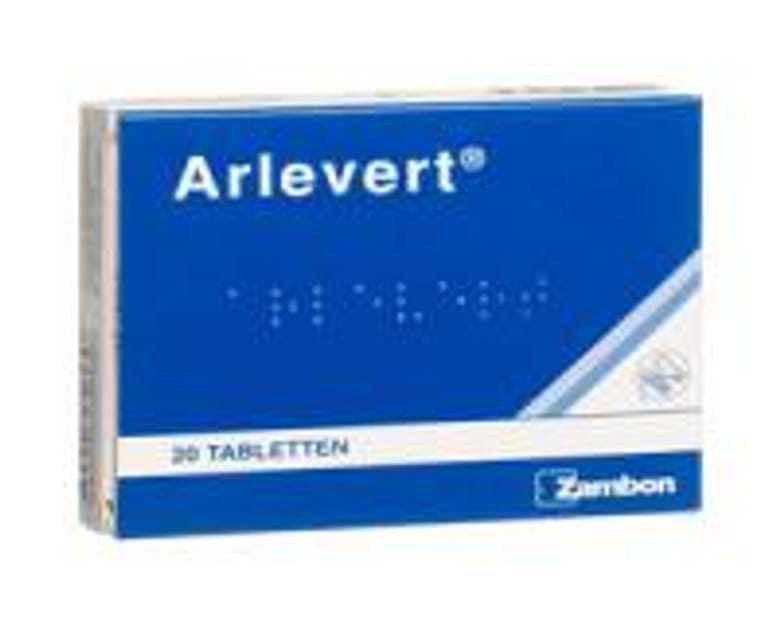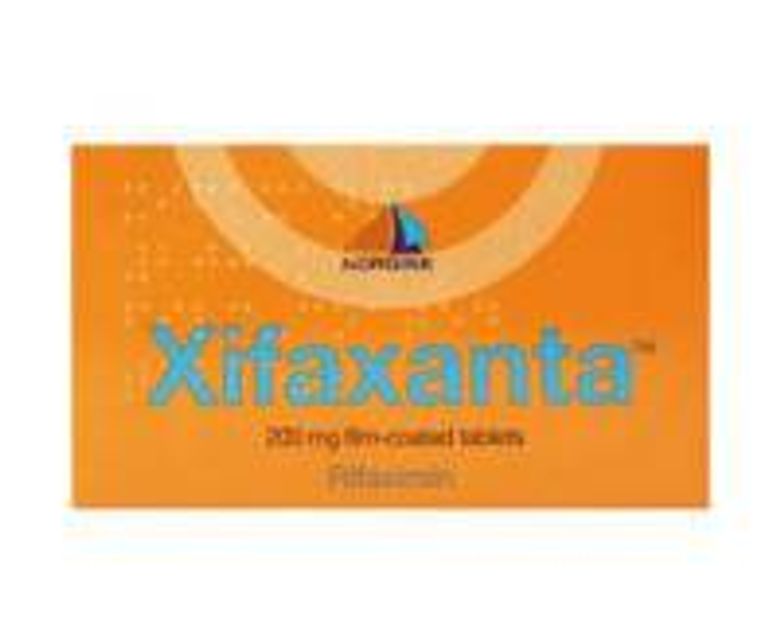Great service and care
Great service and care! Thank you
Jolie King
Fast delivery option of tracking…
Fast delivery option of tracking product and most of all product is excellent quality really recommend anyone to visit doctoroline
Michelle
Online prescription
Been using the service for a few years now .easy to order . Very reliable .
Beate Finch
Very good service good Dr
Very good service good Dr. and good pharmacy all the best
Fernando Ventura
Fast efficient service with great…
Fast efficient service with great aftercare.
STEVE P
The service is excellent product is…
The service is excellent product is excellent and the process is efficient really pleased
Michelle
Excellent service
Excellent service-thanks
Les
Very good experience ordering
Very good experience ordering
Amanda Watson
I cannot believe that I've found the…
I cannot believe that I've found the cream that heals my hand eczema which I was struggling for years to remove it. Thank you doctoronline
Mustafa ali
Excellent and speedy service
Excellent and speedy service. I will definitely be using this service for any medications I need in the future.
Sarah Stacey
First class
First class, efficient and quick service
Barry
Efficient service and items despatched…
Efficient service and items despatched quickly.
Pauline Kendell
Many thanks to all the Doctor and your…
Many thanks to all the Doctor and your wonderful team, always very kind and caring , many thanks to you all Lesley.
Lesley
I am so grateful to Doctoronline.co.uk…
I am so grateful to Doctoronline.co.uk and I can’t express my appreciation enough, as they were there when I couldn’t get an appointment with my own NHS GP here in London.They are absolutely amazing and they have taken away the stress and anxiety that I felt when I needed a GP appointment and the thought of going through the whole process and worrying about missing a telephone call from my GP practice because I was working and knowing they wouldn’t call back .
Rachael Brennan
Excellent service.
Medication at a good price, quickly and securely delivered. Sensible but non intrusive questionnaire, and reassuring reviews.Will happily use Doctoronline again.
Consumer
I was impressed how quick and efficient…
I was impressed how quick and efficient the service was and the quantity of my product excellent service from start to finish
Michelle
another excellent service from…
another excellent service from doctoronline,my prescription was completed and delivered in a very short time without any hassle, thank you doctoronline
jeremy hill
Very efficient
Very efficient. The website order form was simple and easy to follow. I couldn't get a doctor's appointment for a medication I have previously been prescribed so I opted to buy from this company instead. The price was reasonable and the medication worked perfectly and quickly and eradicated the problem, I'm back to good health again. It arrived quickly. I wouldn't hesitate to use this company again if necessary when I can't get a doctor's appointment.
Elizabeth Rice
First rate service and after care.
First rate service and after care.
STEVE P
Always fast response & delivery.
Always fast response & delivery.Thank you.
Annette Scammell

